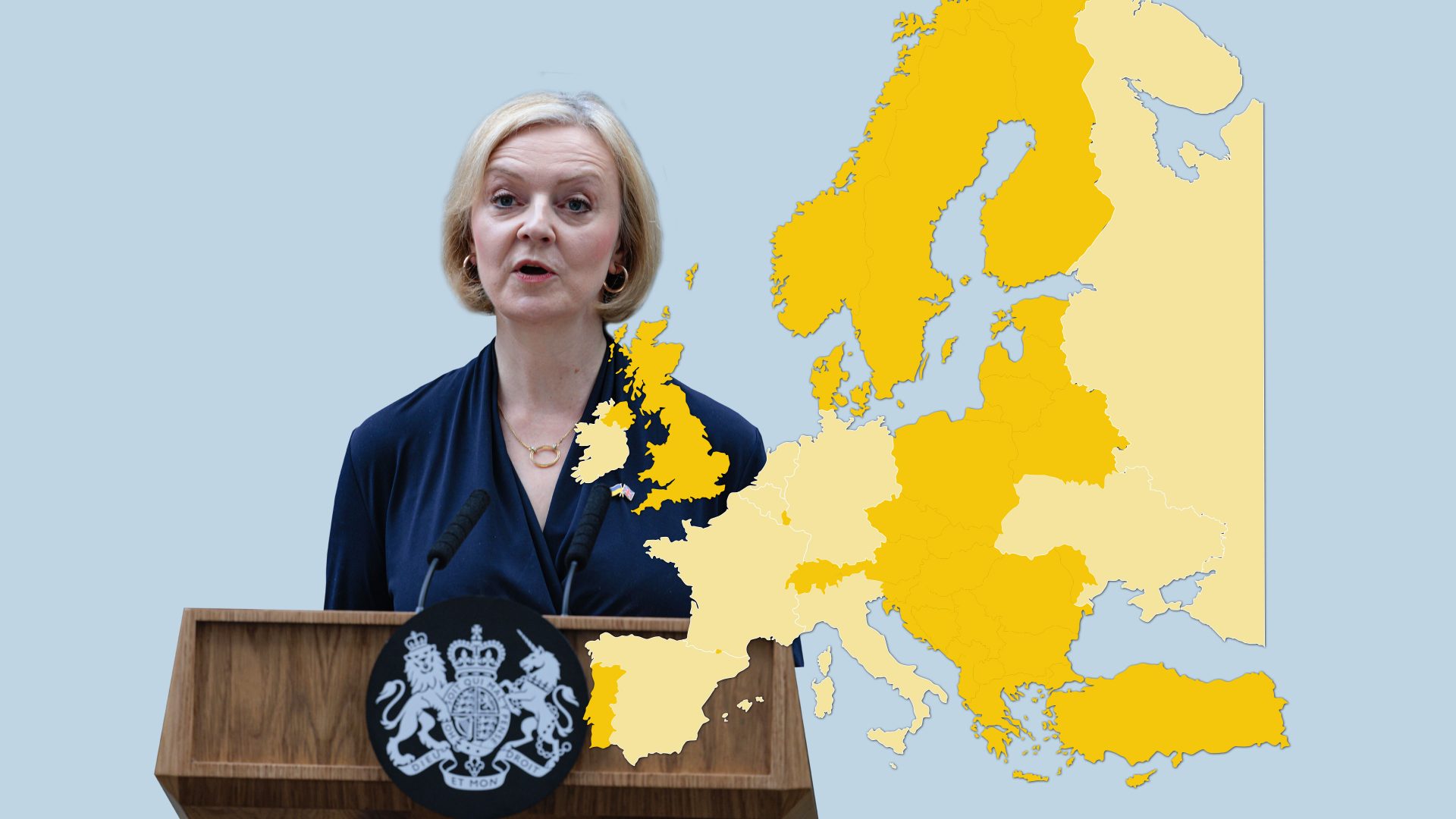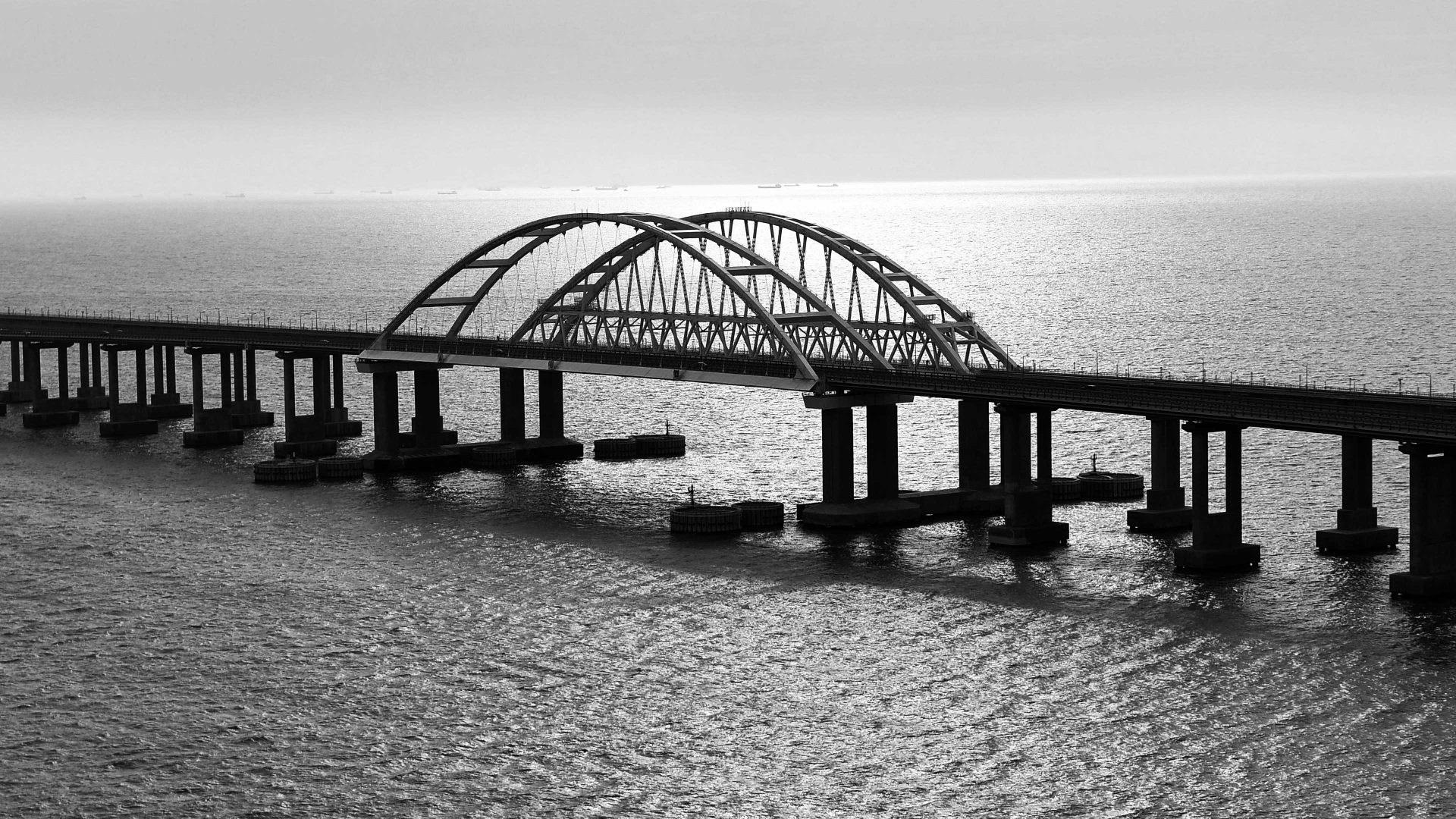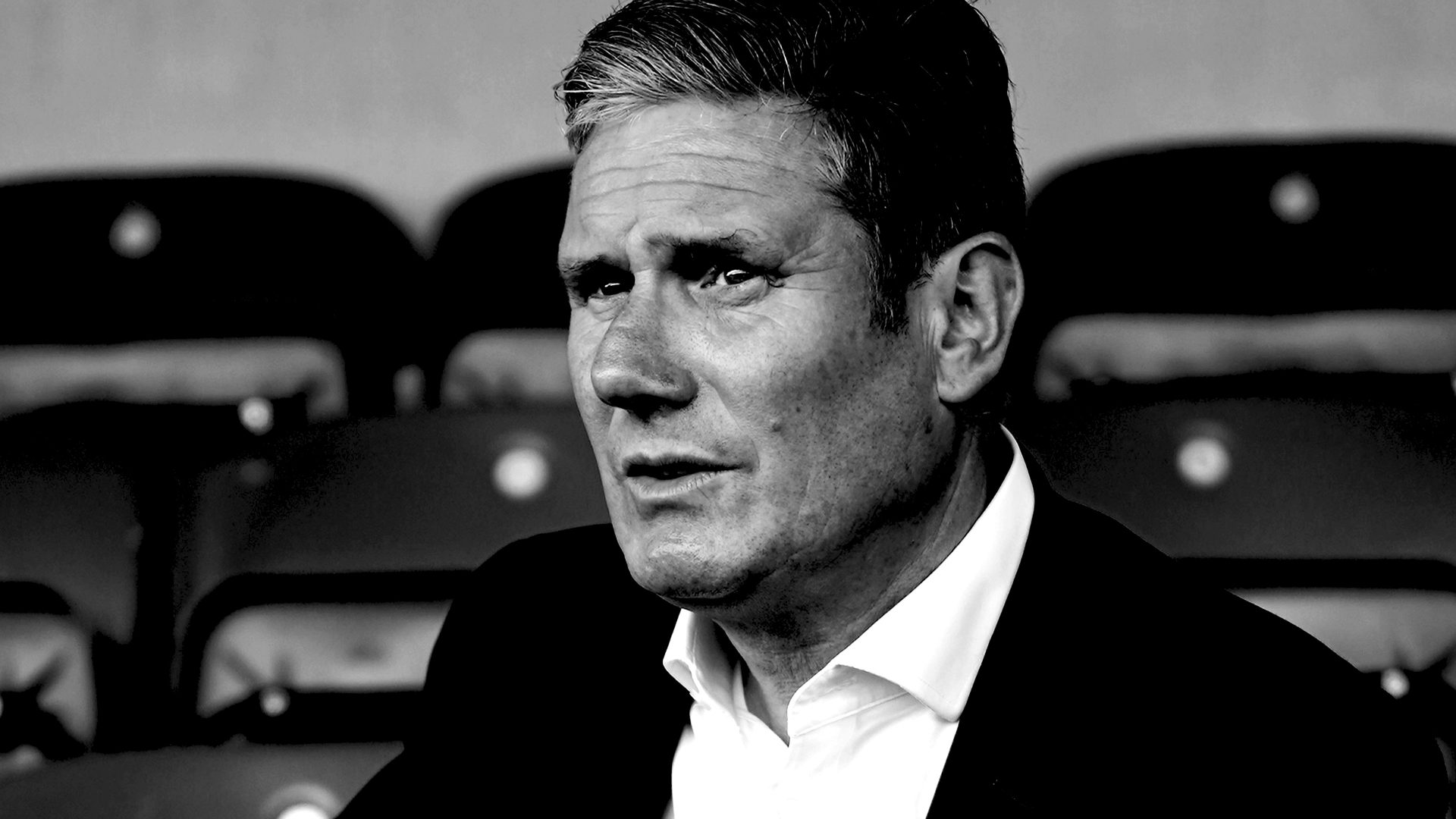Netherlands
Dutch prime minister Mark Rutte, who, like many European leaders, was attending an EU meeting when Truss’s resignation was announced, delivered the vaguest of bland tributes, but chased it down with a shot of sass:
“I had a good contact with her… We agreed on a whole range of views and I’m looking forward to working with who will be my next colleague. It will be the fifth one, I believe.” Rutte has been in office since 2010.
Ireland
Irish taoiseach Micheál Martin, gallantly overlooking how Truss called him a “tea sock”, expressed sympathy for the outgoing prime minister during this “very difficult time” but he also made a point of calling for stability, perhaps mindful of delicate talks being held to try to find a resolution to the tricky problem of Northern Ireland’s post-Brexit trading regime.
The Irish Times called the whole affair “a low moment in the history of British politics,” adding: “the mother of parliaments has been reduced to a bad joke, its constitution a laughing stock”.
European Union
Despite EU officials facing the prospect of dealing with the fourth British prime minister since the Brexit vote in 2016, European Parliament president Roberta Metsola struck a calm, neutral tone, with perhaps just a hint of underlying exasperation.
She said she looked forward to maintaining a working relationship with the UK, adding rather pointedly: “So my hope would be that the situation, the instability, is resolved with the next prime minister.” Here’s hoping.
Spain
Spain’s Pedro Sánchez did not mince his words, laying into Truss’s fiscal policies in what was probably a nod to domestic voters ahead of elections in late 2023.
“It’s the end of an… old-fashioned approach of how to respond to this economic crisis, which is lowering all the taxes and cutting welfare state policies,” the prime minister said. “We need to reinforce our welfare state and of course we need to make equitable the fiscal response among the population to this crisis,” he added, in a display of blatant political opportunism sure to win the admiration of many Tory MPs.
La Vanguardia’s London correspondent, Rafael Ramos, went for a highbrow interpretation: “In literature and art, absurdism is the tendency to avoid the constraints of the logical, shun experience and reality, and give oneself over to the irrational and the arbitrary,” he wrote. “In politics, this is what we’re seeing in the UK.”
Italy
This week, the Economist magazine compared the UK’s political turbulence to past and present crises in Italy with a cover headlined “Welcome to Britaly”, featuring Truss dressed as a centurion with a fork of spaghetti. Somewhat understandably that did not go down well in Italy and one might wonder who’s laughing now. Corriere della Sera said in an editorial: “Great Britain seems to have fallen into a political instability worthy of the Roman theatre that we know well.”
Ukraine
Foreign minister Dmytro Kuleba told Ukrainian radio that Truss’s resignation was “a very dramatic story” and added that he was surprised because he knows her to be a strong and ambitious leader. However, he said the change at the top of the UK government would not interrupt the support provided by Britain to Ukraine.
There was an online furore after it was reported that a Ukrainian government account had tweeted – and then deleted – a post reading “better call Boris” after Truss’s resignation.
Germany
German chancellor Olaf Scholz was lucky enough to have already walked past the press at the EU meeting in Brussels before the news of Truss’s resignation broke. But the German economy ministry responded to the breaking news with a tweet, since deleted, that linked to a YouTube clip of Public Enemy’s song Can’t Truss It.
Annette Dittert, the London correspondent for public broadcaster ARD, said Truss was “now the third Conservative leader, after Theresa May and Boris Johnson, to fail to deliver on Brexit promises”. She traced the “current insanity” back to 2016 “because Brexit and the inherent magical thinking of a sovereign UK that can go its own way in the globalised 21st-century world, detached from international developments, marked the beginning of the end of rational thinking on the island.”
France
President Emmanuel Macron, apparently forgiving Truss for saying not so long ago that the jury was out on whether he was a friend or foe, had an elegantly restrained reaction: “I had the opportunity to meet Liz Truss on a number of occasions, we were in touch this week, and we were building a working relationship.”
The French leader also said he hoped, like most of us, for a little less drama in the UK: “We want, above all else, stability… On a personal level, I am always sad to see a colleague go.”
Newspaper Le Monde felt a little less bound by diplomatic niceties, calling Truss “a terrible orator who could do little more than repeat ‘growth, growth, growth’, seemingly impervious to criticism… she was rejected by both the public and her own party.
Russia
Unsurprisingly there was no polite diplo-speak from Russia. Foreign ministry spokeswoman Maria Zakharova, scathing of Truss’s intellectual capacity when she was a gaffe-prone foreign minister, pulled no punches: “Britain has never known such a… prime minister. The helmet onboard the tank, the catastrophic illiteracy, and the Queen’s funeral right after the audience with Truss will be what’s remembered of her.”
Referring to the Daily Star’s Lettuce vs Liz live-streaming campaign, former Russian president Dmitry Medvedev tweeted: “Bye, bye @ trussliz, congrats to lettuce”.



